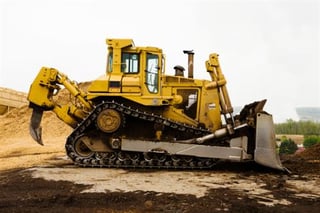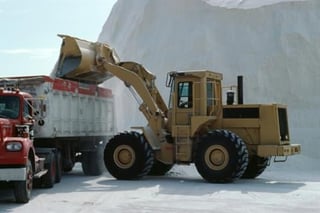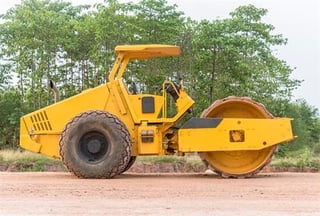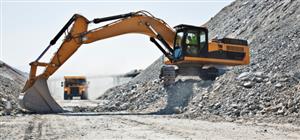When you work in construction, your machinery is a big part of your company's assets. But part of being a responsible business owner involves knowing the value of your assets. How do you determine how much your equipment is worth once it's gone into service? Here's a quick look at what happens when appraising construction equipment.
What happens when appraising construction equipment?
There are a number of different areas that an equipment appraiser considers when appraising your equipment, some of them not what you may consider when setting up an appointment to have your machinery appraised.
- How old is the equipment? Though age isn't a solid indicator of performance, it can create a lower overall value as newer machinery has features that have become standard because they are very handy and help improve your rate of production. As an example, a miter saw with a laser cut indicator helps speed up cutting time, allowing your crew to get back to work on the project instead of lining up careful cuts one at a time.
- What is that model's performance history? Some models are known to have specific issues that can impact performance, lifespan or functionality. If there has been a remedy provided by the manufacturer to deal with a specific problem that has not been installed on your machinery, it can negatively impact your machinery's value.
- What features are available for that specific model? If you have a pickup to help haul materials and tools, does it have four wheel drive or a towing package that will improve its functionality on the job and improve its overall retail value? Added features and kits that improve functionality often improves overall equipment value.
- What condition is the equipment in? If it's in good shape and has been well maintained, your equipment may value much higher than you may expect. If, however, it is nearing the end of its expected useful lifespan, the value may be much lower than you'd expect. A good equipment appraiser will take a solid look at the equipment's workings to determine its condition.
- Are there signs that the equipment has been abused or neglected? If it's obvious that there are problems with the equipment, most people can pick up on it and would offer a lower value. But what if the equipment you're considering buying has had panels replaced or fluids changed to hide abuse or neglect? A good appraiser will catch issues like this.
- Are there receipts or maintenance logs available? Being able to prove the machinery has been well maintained proves it has not been abused or neglected, as above, and may help build value through the documentation. It also helps the appraiser determine what has been done on the machinery, whether it has been well maintained from the beginning or if it has had to be rehabilitated at some point.
- What is the industry or market like for reselling machinery? When the housing bubble burst and helped crash the economy, construction equipment wouldn't resell for very much, especially compared to a few years prior when the industry was booming and finding equipment was virtually impossible.
Appraising construction equipment can seem like a confusing process, but by understanding how that process works, you can have a better appreciation for how equipment values are determined. By knowing how the appraisal process works, you can leverage this information to your company's best interests.





